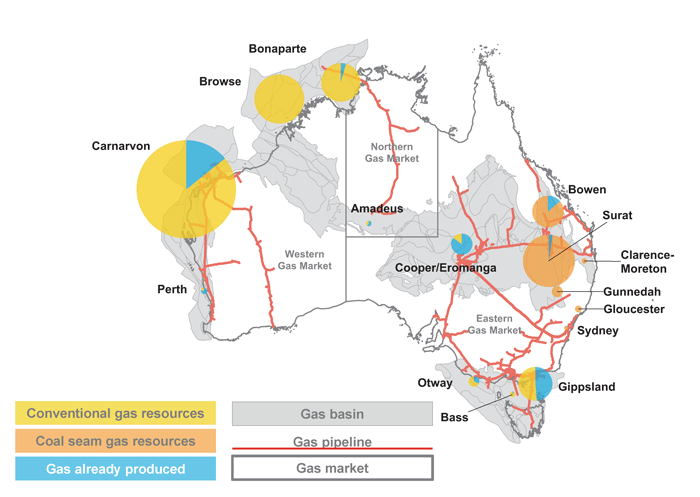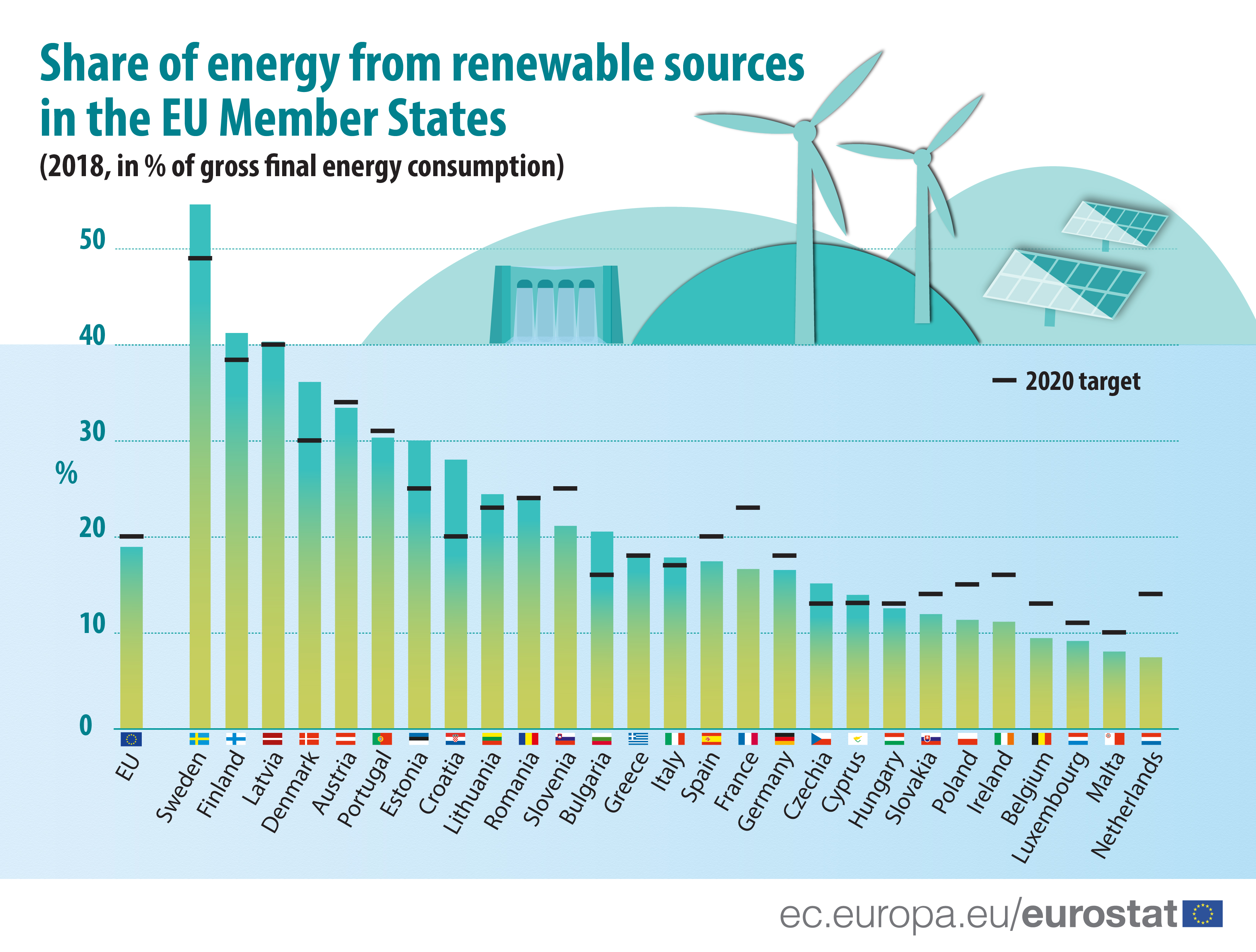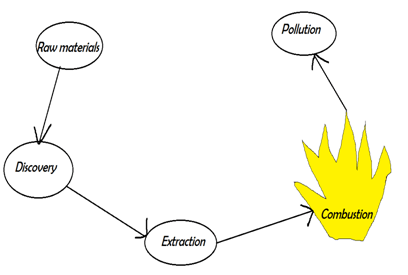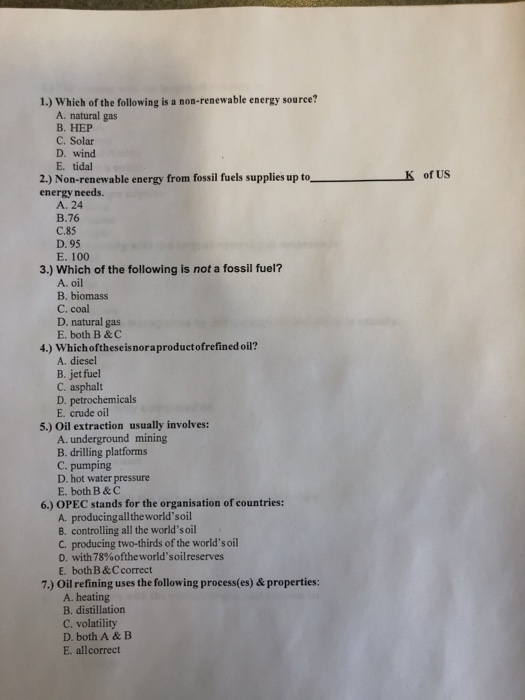Based on ren21 s 2016 report renewables contributed 19 2 to humans global energy consumption and 23 7 to their generation of electricity in 2014 and 2015 respectively.
Which country uses the most non renewable energy.
In 2012 nicaragua invested the fifth highest percentage worldwide of its gdp in developing renewable energy.
Other countries designated by the data world bank as countries with the lowest alternative and nuclear energy are belarus and eritrea with 0 02 each followed by cuba 0 10 algeria 0 12 bangladesh 0 20 togo 0 25 malta 0 36 haiti 0 34 nigeria 0 36 and mauritius 0 51.
The country is aiming for 90 renewables by 2020 with the majority of electricity coming from wind solar and geothermal sources.
Next on the to do list.
The answer to scotland s energy needs is blowing in the.
Most non renewable energy sources are fossil fuels.
A lot of this coal is.
Carbon is the main element in fossil fuels.
The map below shows how many million metric tons of c02 each country emitted in 2011.
It does not include energy from food and the extent to which direct biomass burning has been.
World energy consumption is the total energy produced and used by the entire human civilization typically measured per year it involves all energy harnessed from every energy source applied towards humanity s endeavors across every single industrial and technological sector across every country.
Note that most countries import and or export electricity so the percentage figures do not reflect the percentage of consumption that is renewable based.
These states use the most renewable energy.
Factors such as environmental impact depleting fossil fuel stocks and volatile oil prices have had a significant impact on the desire to increase the generation of renewable energy.
Coal petroleum and natural gas.
Within most of these nations we find developing economies having limitations in developing.
Between 2010 and 2014 renewable energy consumption of the top countries has effectively doubled from 168 million tons to.
Montana holds the largest recoverable coal reserves in the country and accounts for 5 percent of the national coal production.
Renewable energy consumption of total final energy consumption world bank sustainable energy for all se4all database from the se4all global tracking framework led jointly by the world bank international energy agency and the energy sector management assistance program.
The entire world takes part in burning non renewable energy putting carbon dioxide into the atmosphere everyday.
Renewable energy exploration development and demand has always been on an upward trend.
Carbon is the main element in fossil fuels.
Iceland is currently the only country in the world that obtains 100 of its energy from renewable resources with 87 of its from hydro power and 13 from geothermal power.





























